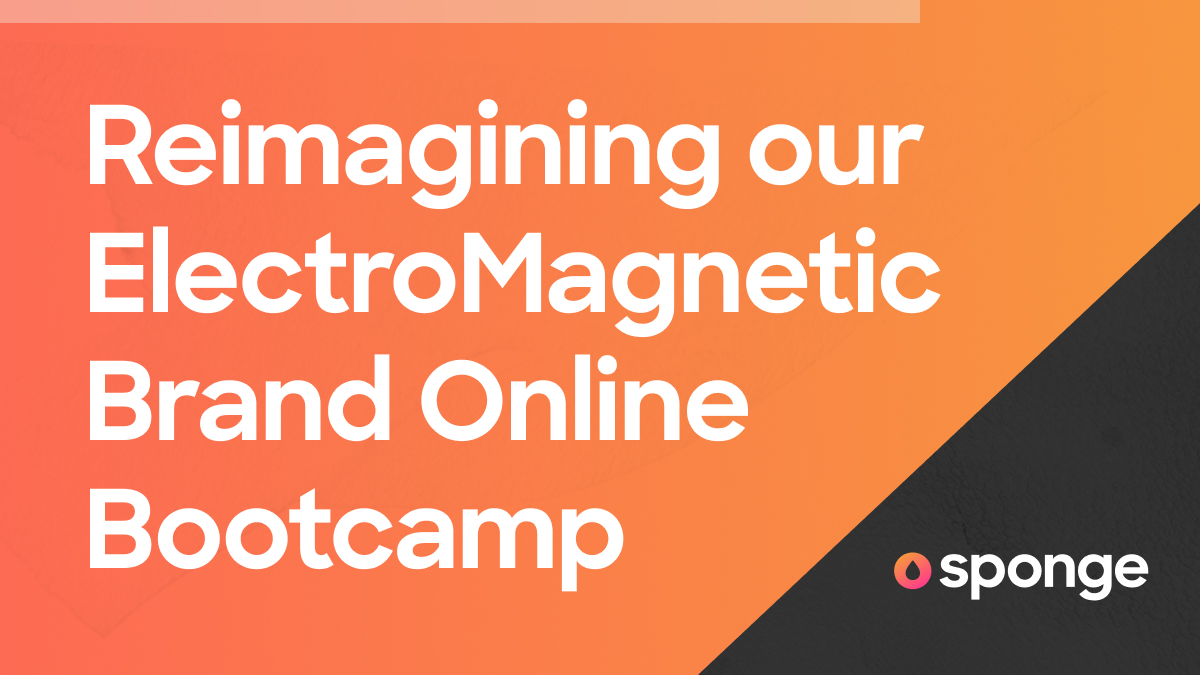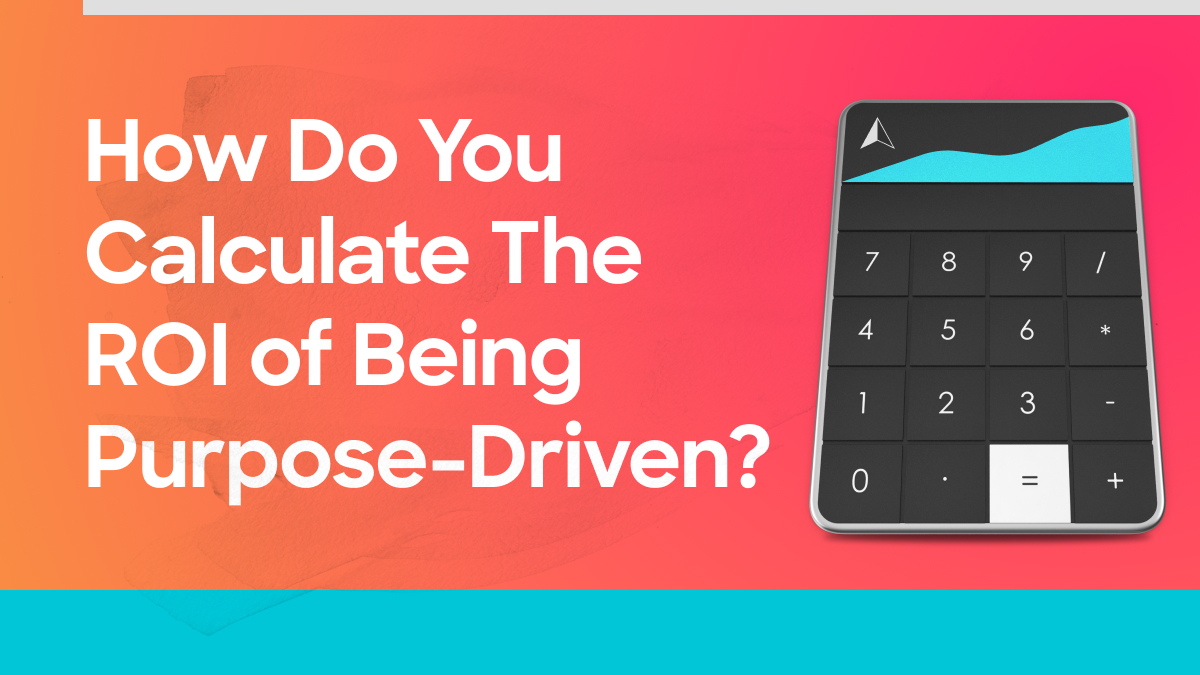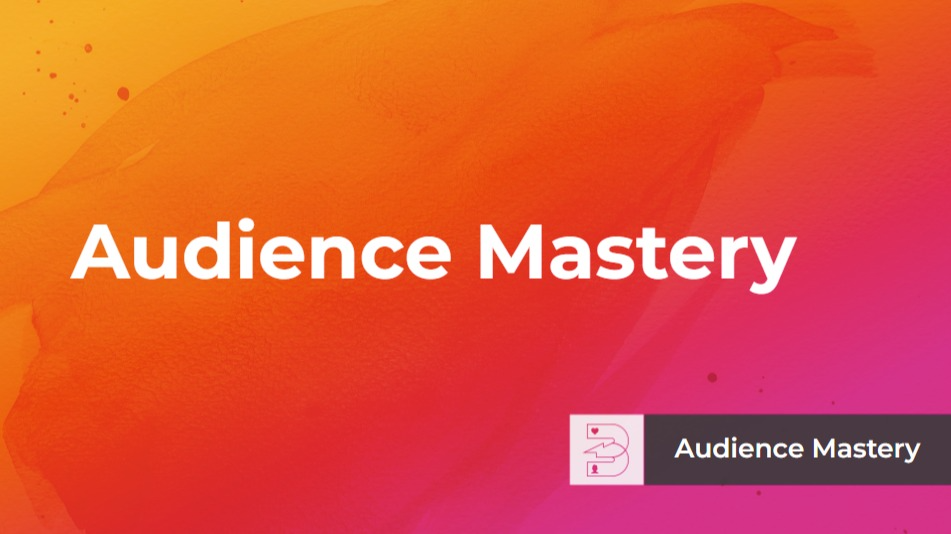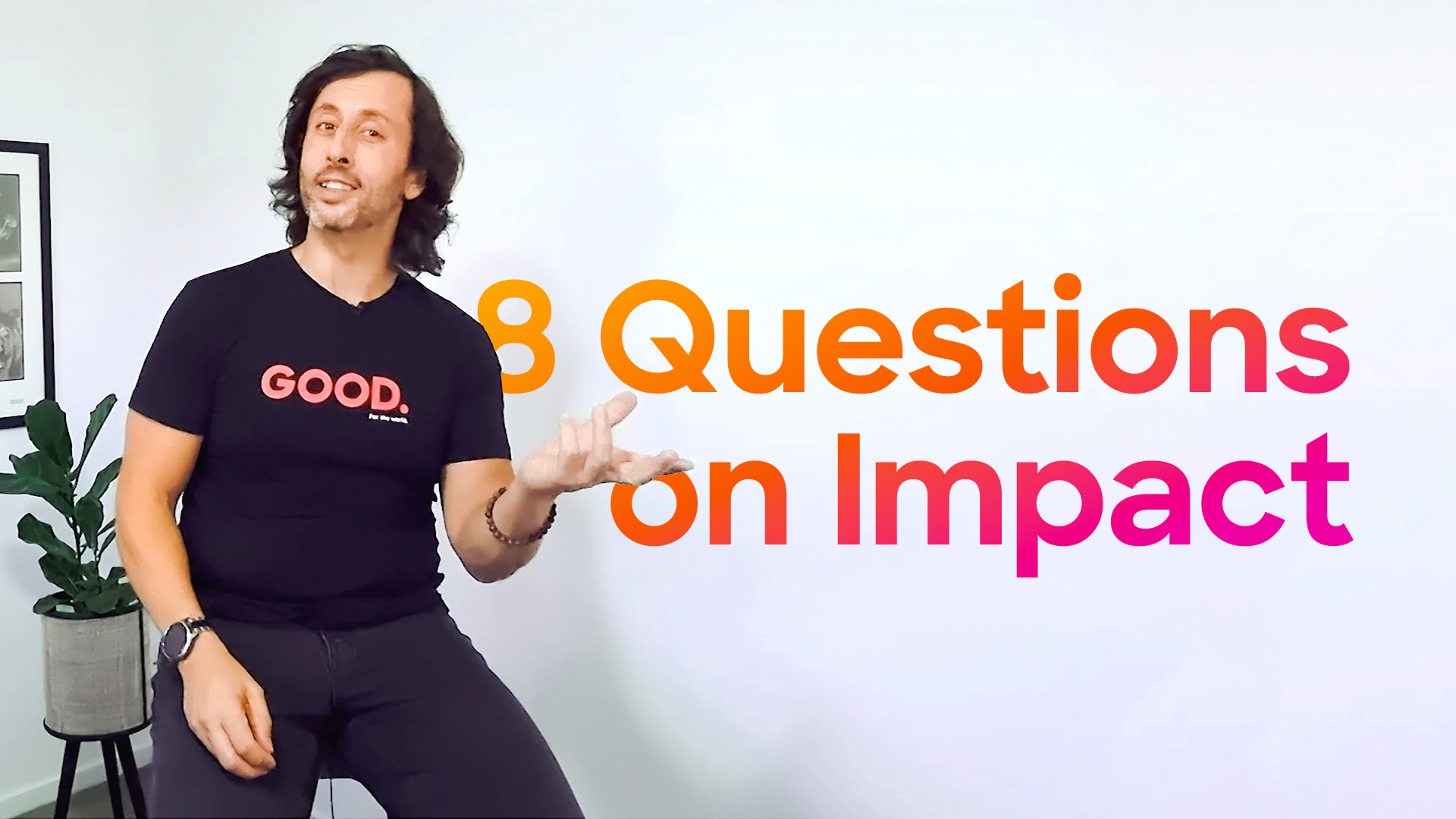What is the most important thing in our world?
(I say) It is People, it is People, it is People.

Working on the copy of our book, I was reminded of a well known Maori proverb that translates to the headline and opening line in this post. For us it has significance on many levels, but in this instance it prompts me to blog about recruitment. Ask anyone managing a business to list their biggest challenges and you will find somewhere at the top words to the effect of ‘finding and keeping good people’. It is not only a time consuming process, considering all the interviewing and reviewing of CVs. It can also be a significant investment to use a recruitment agency and when, after a role has been advertised for months, the best applicant fails the probation period, how can the agency expect their policy of replacing that person to even look like a reality, or an immediate solution.
This post is part about our own recruitment and part about recruitment branding, one way in which we assist our clients. In “Built to last” by Jim Collins and Jerry L.Porras they found four common themes that visionary companies display (greater that their competition) which makes them more able to find and keep the right people. They are: fervently held core company ideology; indoctrination; tightness of fit; and elitism. To work for your business these themes must be authentic and implemented throughout your entire company culture, no easy feat if it does not exist yet.
A client of ours recently engaged us to create a new recruitment brand for them. Our objective was to take their well known industry brand and evolve it to communicate their core ideology and strong culture to new entrants to their market, specifically university graduates and interns. These bright young people have not yet been exposed to their reputation in the market, so in the brief exposure they get at uni, there needs to be a clear conveyance of these aspects – succinctly and engaging!
This particular client has a genuine culture that resonates loudly and is fervently held by its people. Focus groups and interviews revealed commonalities that we explored to create a powerful and engaging campaign. I have to admit that the first concept we presented missed the mark completely, and we learned that with a resounding “no”, it was the common approach that could work for any of their competition. When we approached this project with it’s people and culture in mind, we not only a created a concept that we liked and could really dig our teeth into, but on every level the people whose culture it is we were selling bought in.

In short, what we found was three major benefits of joining our client are: Experience, Diversity and Reward: Experience – being able to work directly alongside industry elite; Diversity – the wide array of service areas covered; and Reward – monetary and acquisition of global skills. Because this elite financial industry values intellect, we created the headline: “We are growing and looking for great minds” and to support this we have illustrated a section of the unique open office floor plan to identify some of the great minds of the organisation and to illustrate exactly where a new hire might be positioned in relation to these minds.
Another way of defining it is: It’s about alignment. By identifying the company’s ideology and ambitions clearly in all recruitment efforts, the majority of respondents are ‘the right people”, and the pretenders are quickly found out in the interviewing stage. As for The Sponge, we too are growing and have added our new internship program and New Roles.
Heading these roles is a newly expanded upon set of Core Values. In them we have done our best to identify our company’s core ideology and ambitions. While we love to meet new and talented people, we are only looking for people who are the perfect fit for our company. We don’t want to waste anyone’s time trying to fit a square peg into a droplet shaped hole. We are always looking for more people with big hearts and minds and ambitions in sync with our own. When we find that person, we are more than happy to explore with them how we can create a role to suit them if one has not been advertised. In other words we understand the value of having the right people on the bus.
I’d love to hear your thoughts…
After thought: Seth Godin wrote that recruiting is most often not treated as the important marketing it is considering you are betting the future of your company on it. It only takes 10% as much effort to hire someone in the bottom 90% of the class. And it takes the other 90% to find and cajole and retain the top 10%. Isn’t it worth the extra effort?















 We’re fanatics about culture and impact. Through our client work and our Business for Good initiatives via the GoodNorth community, we strive to create real, positive impact together.
We’re fanatics about culture and impact. Through our client work and our Business for Good initiatives via the GoodNorth community, we strive to create real, positive impact together.